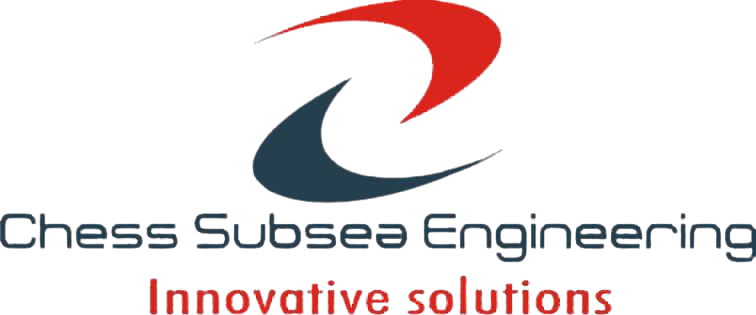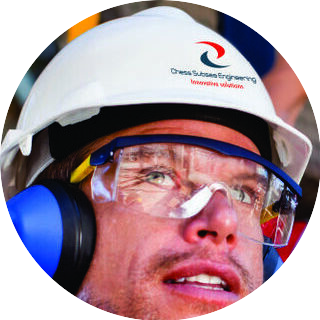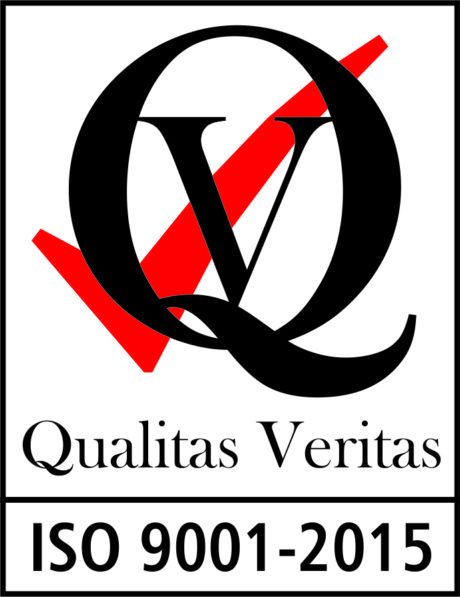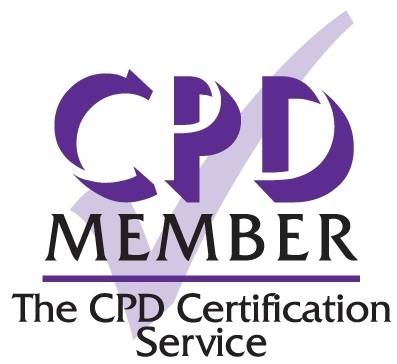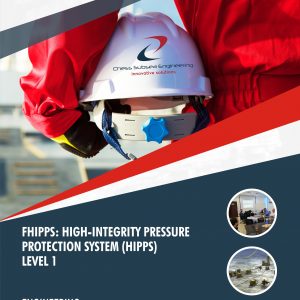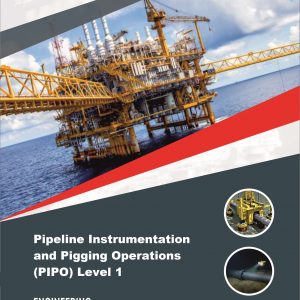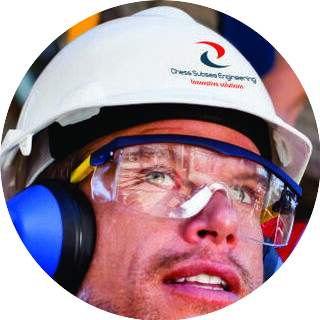Description
Engineering management is a field that focuses on the application of engineering principles and techniques to the management of complex systems and projects. Engineering management combines technical knowledge with managerial skills to oversee engineering projects and ensure that they are completed on time, within budget, and to the satisfaction of stakeholders. This field involves the integration of engineering and business practices, and requires an understanding of project management, finance, and human resources, as well as technical knowledge of engineering disciplines such as mechanical, electrical, and civil engineering. Engineering managers may work in a variety of industries, including manufacturing, construction, transportation, and technology, among others.
Engineering Management (EM) Level 1 & Level 2 provides a detailed understanding of all of the functionalities and key interfaces of Engineering Management. It covers Marketing & Strategy, Organizational Model & Human Resource, Cost Management & Productivity, Project Management, Quality Control, Operations Researches, Supply Chain, Inventory Control and more.
Course Outlines
Introduction
Engineering Management Domain
Functional Manager
Planning, Organization, Directing & Controlling
Managerial Skills
Difference Between Boss & Leader
Introduction
Core Market Concept
Types of Markets
The Supply Curve
The Demand Curve
The Market Mechanism
Surplus & Shortage
Consumer Behavior
The Consumer Decision Process
Stages in Adoption Process
Individual Differences in Innovativeness
Difference between Market Segmentation, Targeting and Positioning
Market Segmentation
Market Positioning
New Product Development Process
Product Life-Cycle
What are Strategy
Who are Stake Holders
Internal & External Stake Holders
The Mission Statement
Industry Analysis
SWOT Analysis
Porter’s Five Forces Model
Stages in the Industry Life Cycle
Company Profitability
Value Creation
Building Competitive Advantage
Strategic Change
Change Process
Organizational
Organizational Charts
Organization Structure
Elements Organization Structure
Division of Labor
Departmentalization
Span of Control
Delegation of Authority
Centralization and Decentralization
Dimensions of Structure
Mechanistic vs. Organic Structures
Functional Divisional & Matrix Organizational Structure
Organizational Culture
Characteristics of Organization Culture
Human Resource
Principles of HRM
HRM Activities
Human Resource Development
Training and Development
The Tangible vs. Intangible Assets
Challenges for HR
Human Resource Management
Human Resource Analysis
Coaching and Mentoring
Cost Terminology
Types of Inventories
Types of Product Costs
Cost-Volume-Profit (CVP) Analysis
Contribution Margin
Breakeven Point
CVP and Income Taxes
Operating Leverage
Effects of Sales-Mix on CVP
Introduction to Project Management
Planning
Executing
Delivering
Precedence Diagramming Method (PDM)
Critical Path Method
S-Curve Concept
Introduction to Quality
Variability & Specifications
Statistical Process Control
Specification and Natural Tolerance Limits
Assembled Components
Control Charts
Introduction to Supply Chain
Value vs. Supply Chain
Supply Chain Management (SCM)
Introduction to Inventory Control
Purpose of inventory management
Types of Inventory
Inventory Costs
Inventory Control Systems
The ABC Classification
Assessment
Candidates underpinning knowledge of Engineering Management will be assessed using questioning during the training and a short answer multiple-choice questionnaire at the conclusion of the course.
Outcome
By the end of the course, delegates will have an indebt understanding of Engineering Management. They will also be able to function with minimum supervision as a Engineering Managers, Project Engineers or Programme Managers for any Engineering company.
Professional Certificate
CPD UK Accredited certificate Issued directly by Chess Subsea Engineering Europe.
Participant may be presented for Offshore Petroleum Training Organization (OPITO) Certification.
How to Register
Click here to download registeration booklet on msword and email completed booklet to info@chesssubseaengineering.org directly.
